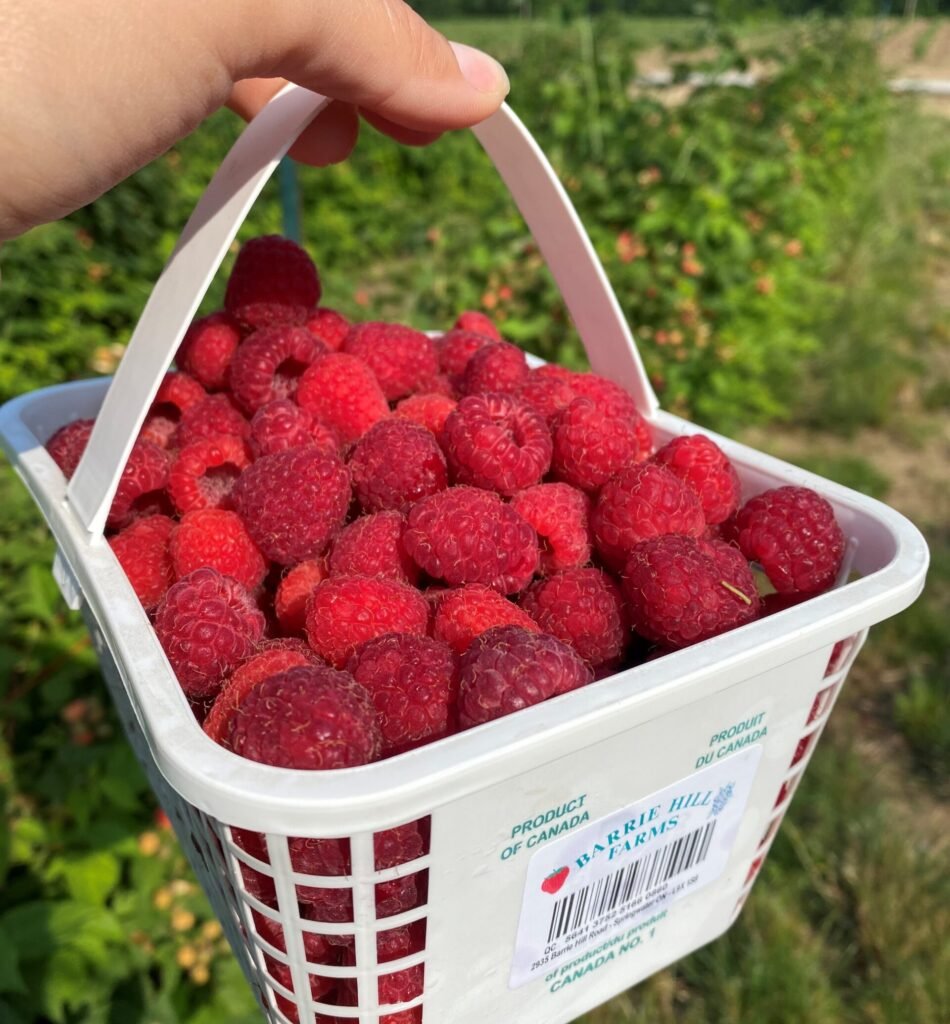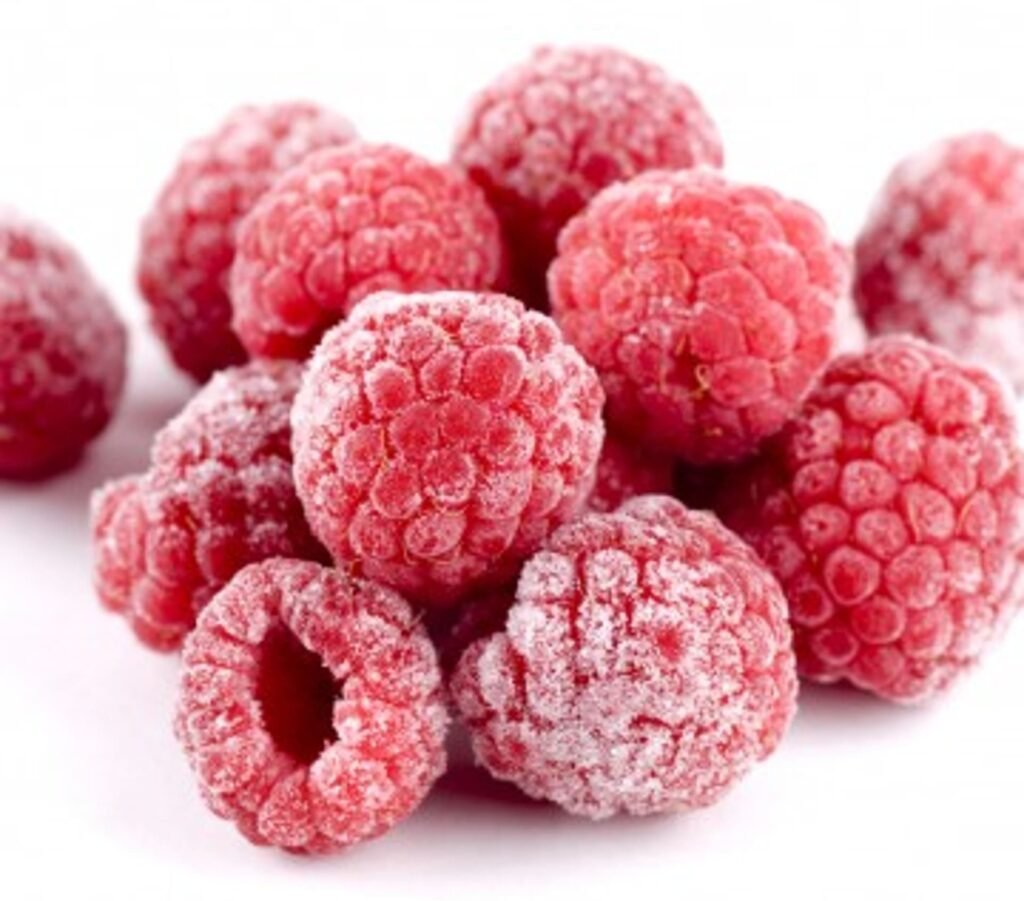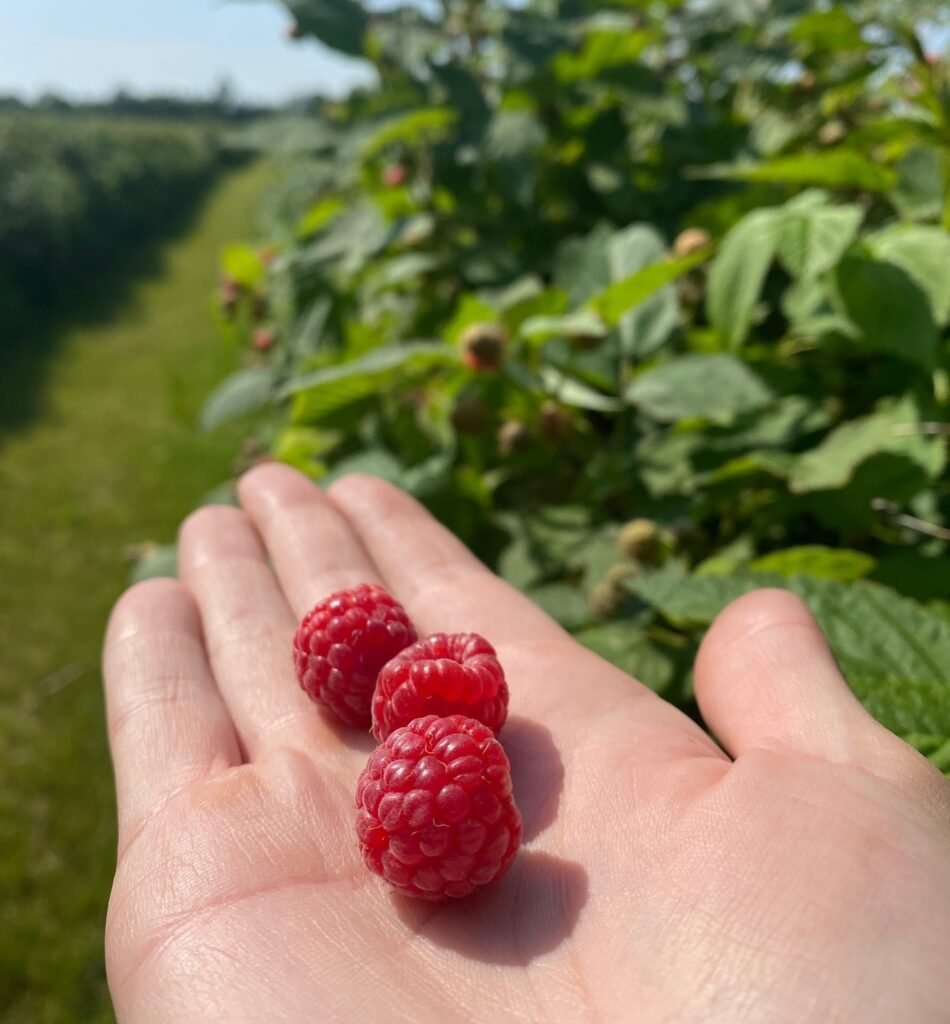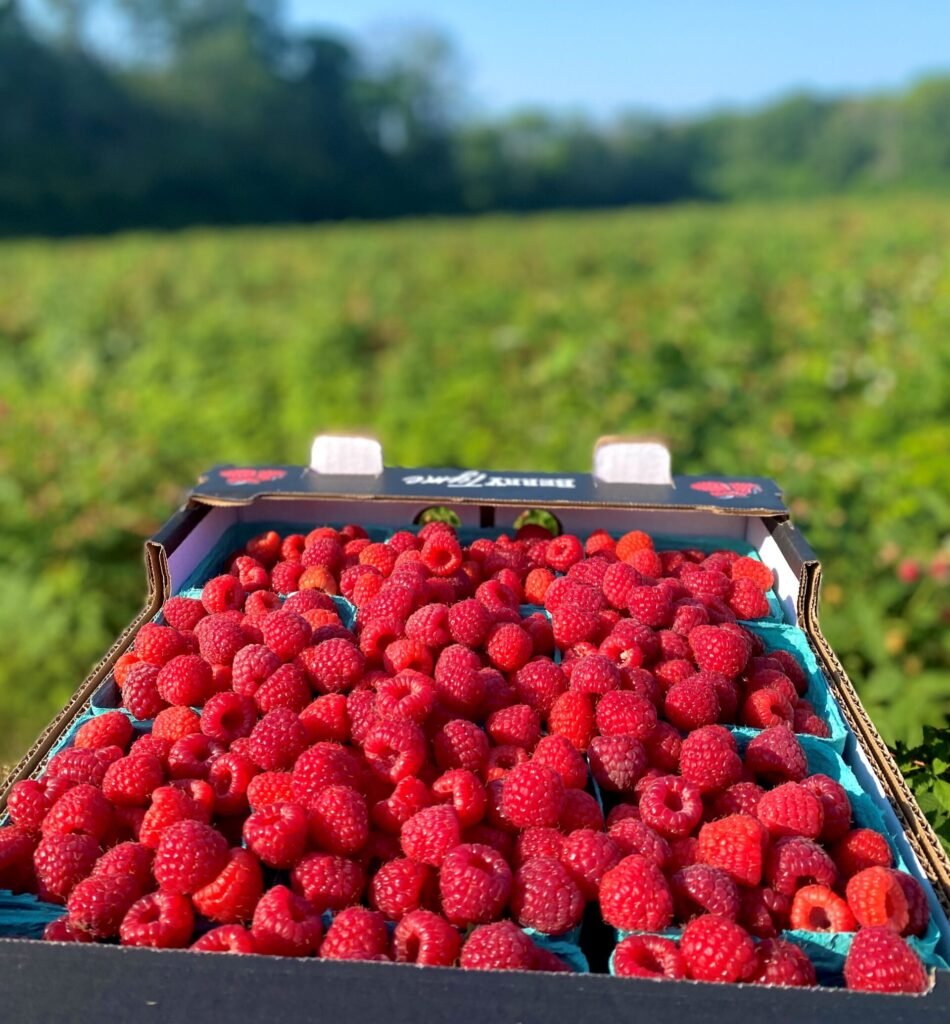- Our Farm is Tobacco, Vape + Cannabis Free
- My Account
- Curbside Pick-up



*TIP: Do not wash your raspberries before freezing. They will fill with water and turn mushy.


Sign up for our newsletter to receive updates on all Barrie Hill Farms operations including new produce in stock, recipes, upcoming events and more!
Barrie Hill Farms is a second generation family farm, owned and operated by the Gervais Family. We grow over 200 acres of fruits and vegetables.
Thank you for picking local food and keeping Ontario green!
Barrie Hill Farms
2935 Barrie Hill Rd.
Springwater, ON L9X 1S8
Barrie Hill Farms, and the Barrie Hill Farms logo are registered trademarks of Barrie Hill Farms Inc., Any duplication in whole or in part of this website is strictly prohibited. The CODO SECURE, VISA, MASTERCARD, AMEX (American Express), Interac and Interac E-Transfer logo are registered trademarks not associated with Barrie Hill Farms. Use of these logos is for verification purposes only.
